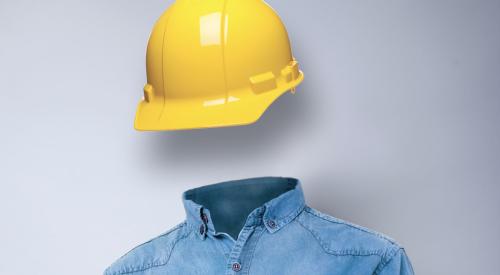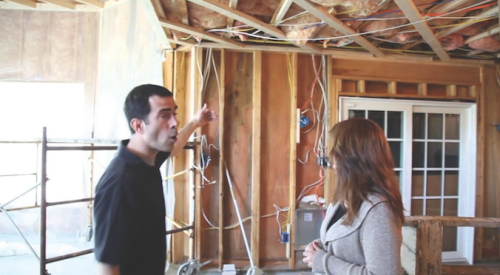“When one is at home, he dreams of adventure; and when one is on an adventure, he dreams of home,” American playwright and novelist Thornton Wilder once said. But it seems as though fewer and fewer Americans are having dreams of adventure and are quite content to stay put, even if it means sacrificing the chance at getting a better job.
While a decrease in the adventurous spirit of the American people and the desire to seek out and relocate for new job opportunities may not seem like too big of a deal, economists are beginning to worry that it could undermine the economy’s dynamism, dampen productivity and wages, and make it more difficult for people to reenter the work force, The New York Times reports.
There are basically two main reasons why people are not changing jobs and relocating for work as frequently. First, people may have found jobs they love and are happy where they are. The other possibility is that people are staying in jobs because they are scared of making a big change. It is this second possibility that is bad for the overall economy. In the past, changing jobs often meant an increase in pay and better opportunity to ascend the career ladder. While people may not be staying at the same company for their entire careers as often anymore, they are much less likely to move out of temporary or entry-level jobs.
Job fluidity typically decreases during a recession, as there are fewer jobs and people are less likely to give up a position for fear of being unable to find another, however, there has not been the typical bounce back in fluidity during the recovery.
One of the more interesting factors that may be playing a role in the lack of job fluidity is the decline in social trust. Over the past 30 years, the amount of people who agree with the statement, “Most people can be trusted,” has been consistently shrinking. Researchers found the states with larger declines in social trust also had larger declines in labor market fluidity. A lack of trust can make both employees and employers more risk-averse.
Currently, there is still not a single reason that can be pointed to as to why Americans are less likely to seek out new job opportunities and relocate for them, but as it begins to have a greater negative effect on the economy, more and more people will be looking for an answer.










